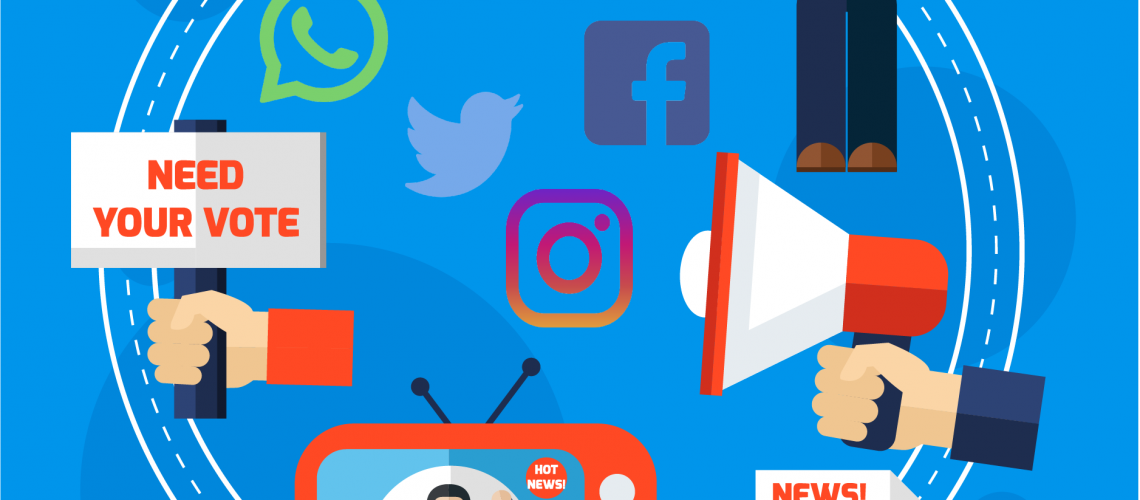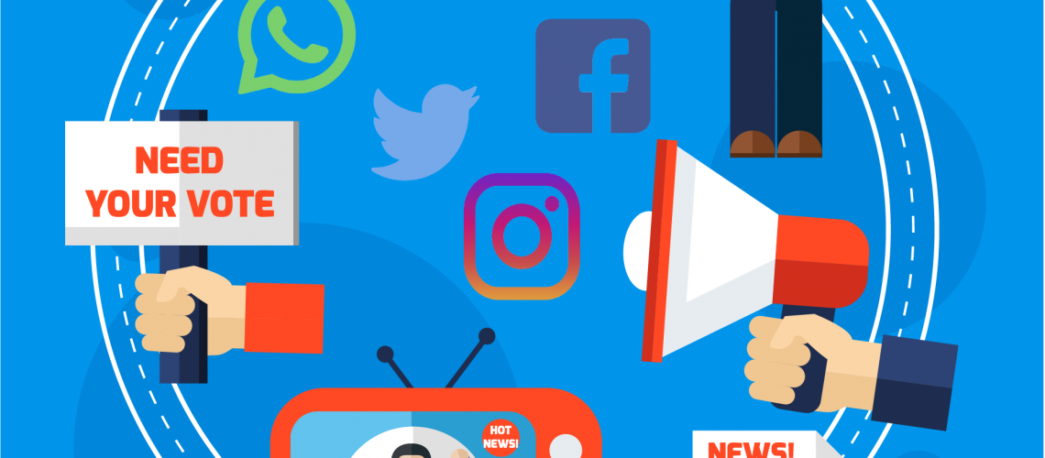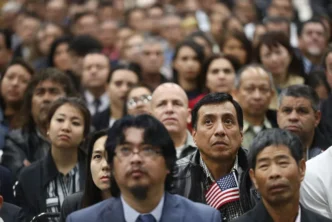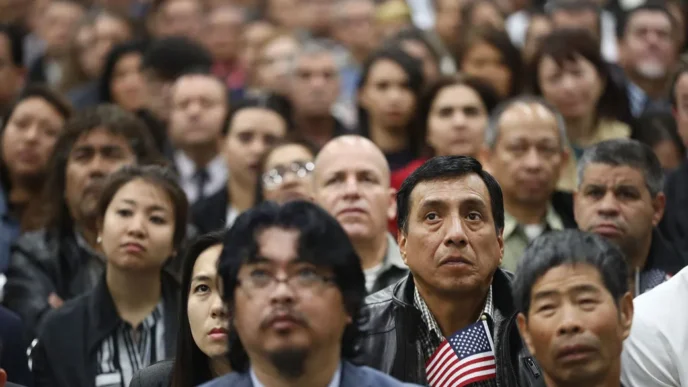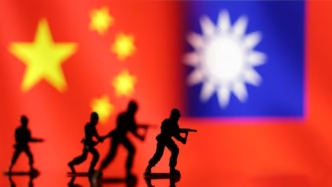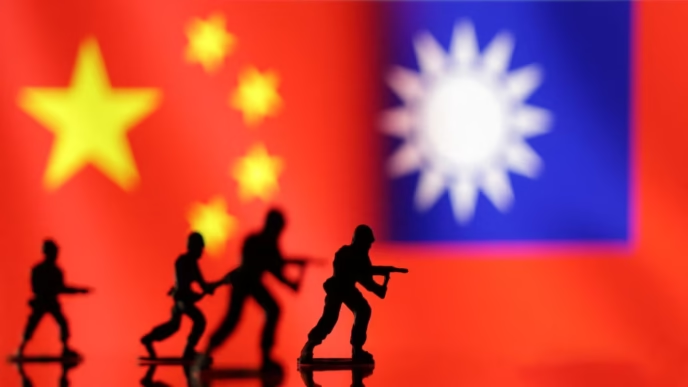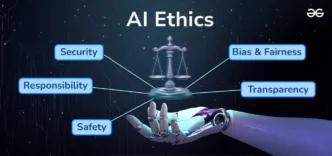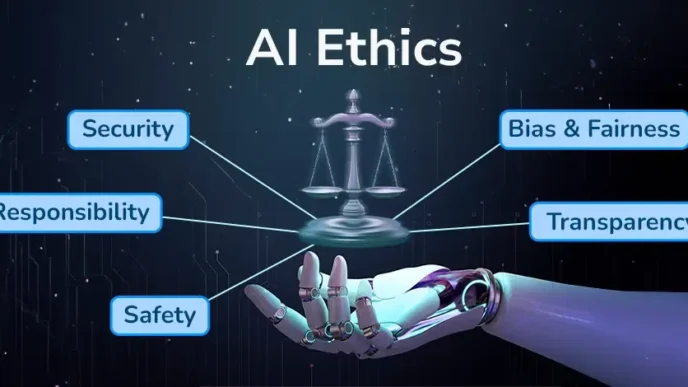Social media has become a powerful tool in political campaigns and elections, reshaping how candidates communicate with voters, mobilize supporters, and frame narratives. While it offers unprecedented reach and engagement, it also raises concerns about misinformation, polarization, and election integrity. Here’s an in-depth look at the transformative impact of social media on modern politics.
1. Direct Communication with Voters
Social media platforms allow candidates to bypass traditional media channels and communicate directly with the electorate. Key benefits include:
- Authenticity: Platforms like Twitter and Instagram enable candidates to present a personal and unfiltered image.
- Real-Time Updates: Politicians can respond to breaking news and shape narratives instantly.
- Two-Way Interaction: Voters can engage directly through comments, likes, and shares, fostering a sense of connection.
2. Mobilization and Grassroots Campaigning
Social media has revolutionized grassroots organizing by:
- Facilitating Fundraising: Platforms like Facebook and Instagram enable campaigns to raise small-dollar donations quickly.
- Organizing Events: Tools for creating and promoting events help coordinate rallies, protests, and meetups.
- Encouraging Voter Turnout: Targeted messages and reminders motivate supporters to register and vote.
3. Data-Driven Targeting
Social media’s vast troves of user data enable campaigns to create highly targeted advertisements. By analyzing user behavior and preferences, campaigns can:
- Micro-Target Messages: Deliver tailored content to specific demographic groups.
- Optimize Spending: Focus resources on persuadable voters in key swing states or regions.
- Measure Effectiveness: Use analytics to adjust strategies in real time.
4. The Role of Influencers and Citizen Advocacy
Social media influencers and everyday users play a critical role in shaping political discourse:
- Amplifying Messages: Influencers with large followings can sway public opinion by endorsing candidates or causes.
- Viral Trends: Memes, hashtags, and videos can bring attention to issues or highlight campaign moments.
- Citizen Journalism: Social media empowers individuals to report events and share perspectives, often bypassing traditional media gatekeepers.
5. Challenges of Misinformation and Fake News
One of the biggest downsides of social media in politics is the spread of misinformation:
- Deepfakes and Manipulated Content: Advances in AI have made fake videos and images more convincing.
- Echo Chambers: Algorithms often promote content that reinforces existing beliefs, deepening polarization.
- Fact-Checking Limitations: Efforts to debunk misinformation often lag behind its initial spread.
6. Polarization and Divisive Rhetoric
While social media fosters connectivity, it can also exacerbate political divides:
- Amplification of Extremism: Fringe voices often gain disproportionate attention on social platforms.
- Personalized Content: Algorithms prioritize engagement, which can lead to sensational or inflammatory content being promoted.
- Reduction of Nuance: Complex policy discussions are often reduced to sound bites or slogans.
7. Election Interference and Security
Social media has become a battleground for election interference:
- Foreign Influence: Countries like Russia and China have been accused of using social media to manipulate public opinion.
- Bots and Trolls: Automated accounts spread propaganda or disrupt genuine discourse.
- Cybersecurity Risks: Social media accounts of candidates or election officials are prime targets for hacking.
8. The Rise of Social Media Platforms in Politics
Each platform plays a unique role in political campaigns:
- Twitter: Known for rapid updates and real-time conversations, often used for policy announcements.
- Facebook: Ideal for community-building, event organization, and ad targeting.
- Instagram and TikTok: Visual and video-based platforms that appeal to younger demographics with creative content.
- YouTube: A hub for long-form content like campaign ads and debates.
9. Regulating Social Media in Politics
As the influence of social media grows, so do calls for regulation:
- Transparency in Ads: Laws like the Honest Ads Act aim to increase disclosure in online political advertising.
- Content Moderation: Platforms face pressure to remove harmful content while preserving free speech.
- Data Privacy: Ensuring ethical use of user data is a key concern for regulators and voters.
Social media has fundamentally changed the way political campaigns are run and how elections unfold. While it offers powerful tools for engagement and mobilization, it also presents challenges that must be addressed to ensure fair and democratic processes. Striking a balance between innovation and accountability is essential as social media continues to shape the future of politics.
Topics: Digital Elections Election Integrity Grassroots Campaigning Misinformation Political Advertising Political Campaigns Political Polarization Social Media Algorithms Social Media Politics Voter Engagement
